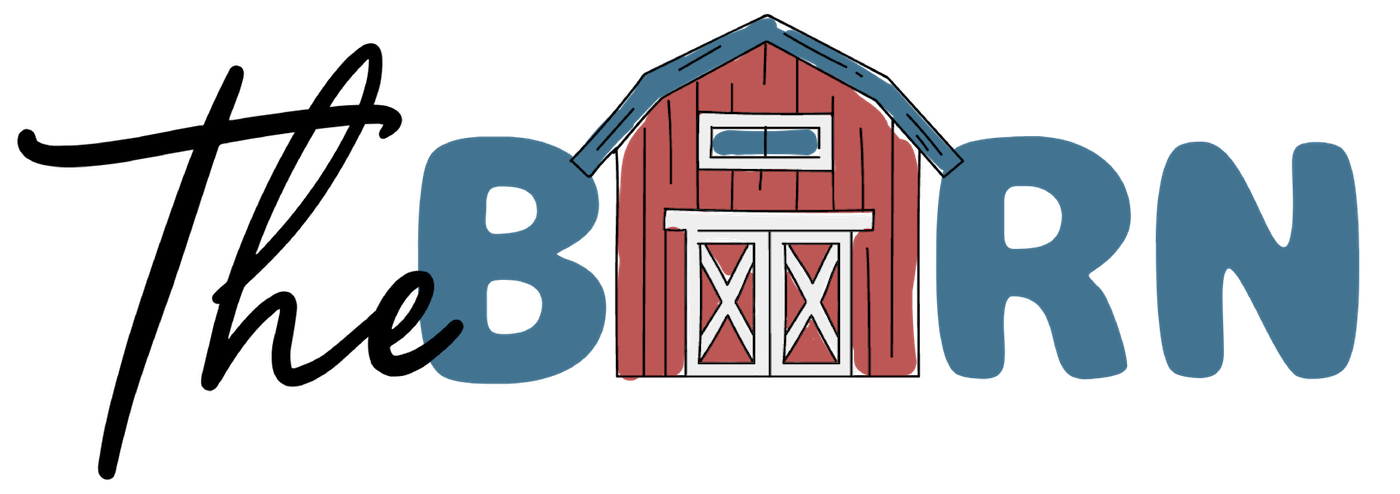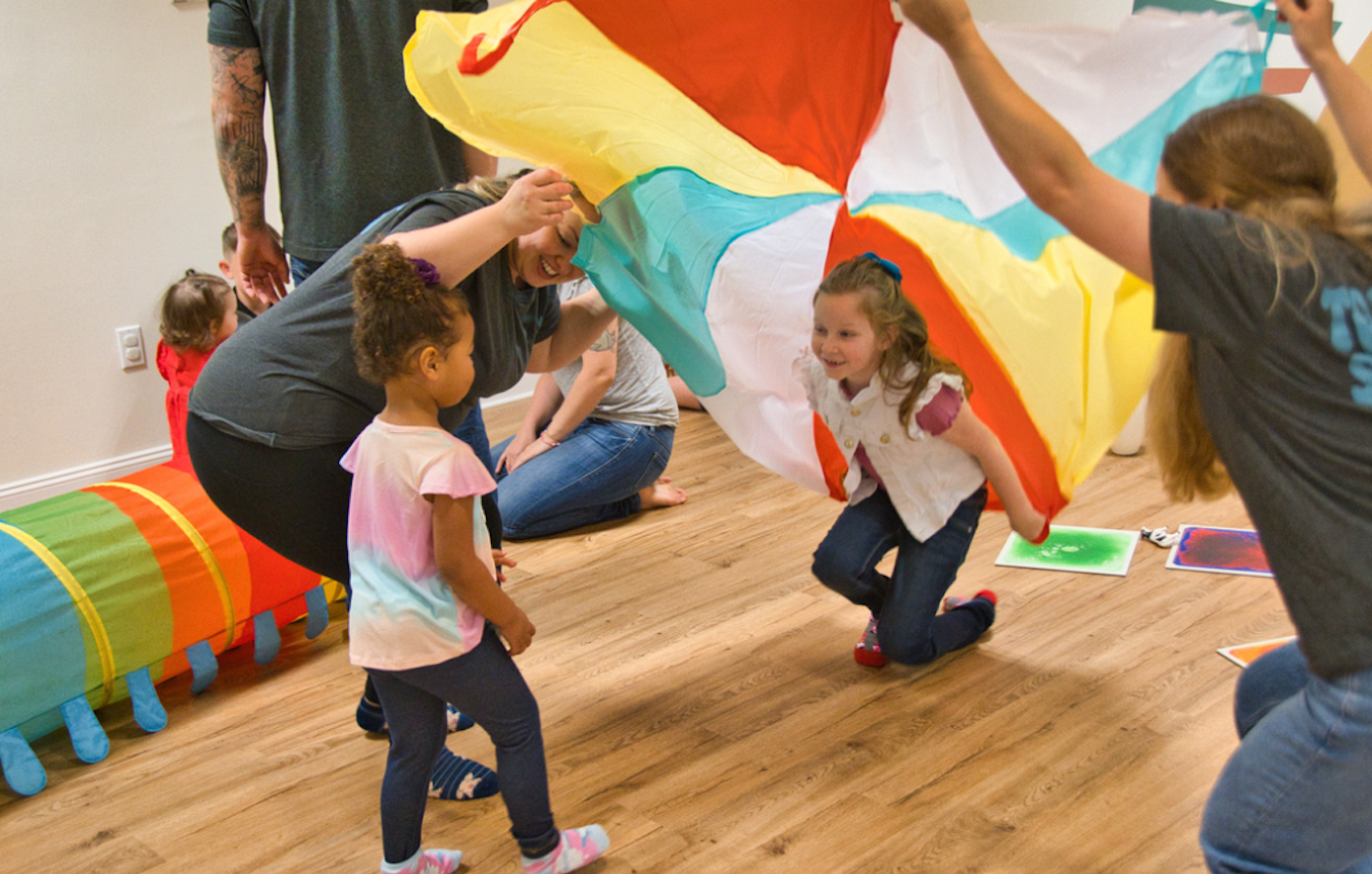Imagine this: Your child is at the park, playing on the swings. Suddenly, they notice another child in a wheelchair, struggling to access the play area. Instead of staring or avoiding, your child goes over, strikes up a conversation, and offers to help. This is the power of early education on disabilities and inclusion. How do we get there? Let’s dive in.
The Importance of Understanding Disabilities
Understanding and accepting disabilities is not about teaching kids to “feel sorry” for someone, but to recognize and respect our differences. Children with an understanding of disabilities often grow up to be empathetic, caring adults who make a difference in their communities.
Exposure: Sharing Educational Settings
Exposing children to disabilities is essential. And what better way than in playful and educational settings? By having children with and without disabilities learn together, we encourage empathy, understanding, and friendship from a young age. Studies show children can learn from peers of all ages, abilities and skill levels, both with higher skill or lower skill levels!
Doesn’t this slow down the learning for children without disabilities?
No. In fact, inclusive classrooms often offer diverse teaching methods that benefit all students.
Will my child feel out of place in such a setting?
Children are adaptable and don’t see the differences as quickly as we do, with the right guidance, they learn to cherish the diversity of their peers.
How can I ensure my child is understanding and not just pitying?
Continuous conversation. Ask them open-ended questions about their day, their friends, and their observations.
Start Conversations at Home
Begin by reading books, watching movies, or playing games that feature characters with disabilities. Discuss the content, ask questions, and ensure your child understands the key takeaways.
List of Recommended Books for Children:
- We’re All Wonders by R.J. Palacio
- Susan Laughs by Jeanne Willis
- Rolling Along with Goldilocks and the Three Bears by Cindy Meyers
Encourage Empathy, Not Sympathy
Teaching children about disabilities is not about evoking sympathy but fostering empathy. Encourage kids to put themselves in someone else’s shoes and understand their feelings.
Understanding disabilities and practicing inclusion is a lifelong journey. As parents, teachers, and caregivers, we play an integral role in molding the perceptions of the next generation. Let’s work hand-in-hand to raise a generation that truly understands, accepts and values diversity.
Interested in learning more or getting guidance on introducing your child to the concept of disabilities and inclusion? Reach out to The Barn and book your first free class today. Together, we can pave the path to understanding and acceptance.




